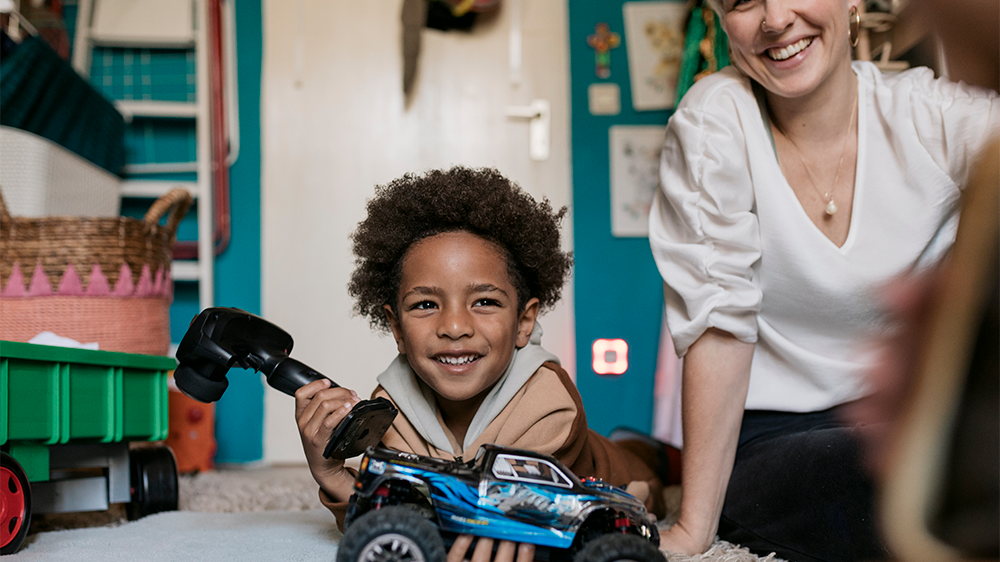Children and button batteries: prevention, what to do if swallowed and treatment
December 19, 2022Categories: Pediatrics Care
You use batteries every day. Tiny batteries, called button batteries, are used all around your home, from flameless candles and garage door openers to your child’s favorite toys.
According to the National Safety Council, every year more than 2,800 kids are treated in emergency care after swallowing button batteries. There are the most important tips for parents to know about battery safety.
Why are batteries so dangerous for children?
While batteries are something you use every day, they can still be dangerous. Batteries can get stuck in your child’s esophagus, nose or ears causing burns and injuries. If the battery isn’t removed within two hours, the damage can be life-threatening.
Batteries contain heavy metals such as:
- Zinc
- Mercury
- Silver
- Nickel
- Cadmium
- Lithium
If a battery is ingested, saliva triggers an electrical current causing a chemical reaction that can severely burn.
Treating the damage is painful and can require feeding tubes, breathing tubes and possibly surgery.
What to do if your child swallows or ingests a battery
If your child swallows a button battery or lodges it in their ear or nose, call 911 immediately or go to the nearest emergency department.
Time is critical. Medical care is needed as fast as possible to prevent life-threatening burns and injuries.
Parents and caretakers may have a hard time figuring out what's wrong with a young child who doesn't know the word for battery. In that situation, ask siblings or others around if they saw the child put anything in their mouth or what the kids have been playing with. If in doubt, follow the steps below.
Follow these steps if a button battery is swallowed:
-
Seek emergency care immediately.
-
Do not let your child eat or drink anything until after an X-ray.
-
Do not induce vomiting.
How to childproof your home for button battery safety
Here’s how you can protect your child by practicing battery safety:
- Put duct tape over the battery compartments or choose products that only open with screwdriver or special tool.
- Keep batteries locked up, out of sight and reach from children.
- Discard or recycle old batteries where children can’t find them.
- Show extra caution with penny-sized lithium-ion batteries.
Review the list of common household battery-powered items and make aware any caregivers, friends, family m embers and sitters of these safety tips.
Add the National Poison Center Hotline (1-800-222-1222) and National Battery Ingestion Hotline (1-800-498-8666) into your contacts and put on display for caretakers.


